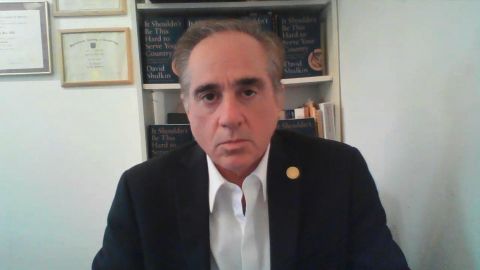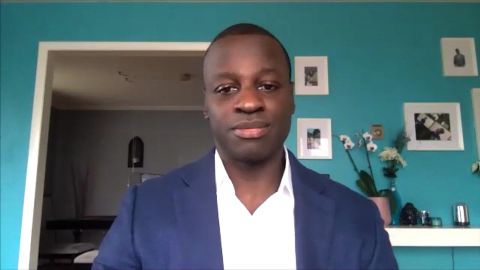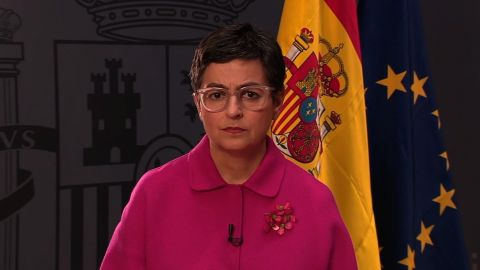Read Transcript EXPAND
DR. DAVID SHULKIN, FORMER U.S. SECRETARY OF VETERAN AFFAIRS: I think that the Department of Veteran Affairs trains for this mission. Its primary mission, of course, is to care for the veterans in this country, but it also has the mission to be there in times of national emergency, which, of course, the president has declared this a national emergency. It has more than a thousand facilities throughout the country. In many parts of the country where veterans live in rural areas, it is one of the only health care providers. And it has more than 350,000 employees who work in the health care system. Even in today’s stimulus package that was passed by the Senate, the VA gets $19.6 billion in additional funding. So, this is a very, very large organization that is national in scope and it really needs to be part of a solution to make sure that all citizens in the country get the necessary and available resources that are available.
CHRISTIANE AMANPOUR: So, do you think, A, that nearly $20 billion is sufficient to cover veterans and their health issues, because obviously they’re mostly elderly and many of them have underlying, of course, medical conditions? But also, the draft suggests that the government would repay the VA for whatever it lays out. In order words, it seems to be like a first step before reaching out and asking you to join the fight or asking the VA to join the fight.
SHULKIN: The American people have always been extremely generous to supporting the VA because of its mission to take care of our veterans. I do not believe that any of the issues with VA reaching in and coordinating and helping at a community by community level are going to be financial. They’re going to be a shortage of staff that the VA has itself and the ability to make sure that it can take care of veterans as a primary mission. But hospitals are losing lots of money, at this point, across the country. The stimulus package also provided some support, about $100 billion for the rest of the U.S. health care system. I think the VA is in a strong position with the supplies that they have and the capabilities that they have to be able to be part of the solution for all Americans.
AMANPOUR: So, let’s just recall, and maybe you can help Americans realize what you actually do. I mean, you’ve played significant and often vital roles in recent years. You know, Puerto Rico, after the hurricane, all sorts of other situations, including providing mobile units, not many years ago, when there was a mass shooting in the United States. Just tell people what extra services you could provide.
SHULKIN: Well, I think the VA trains for this mission of emergency preparedness. And most often it is natural disasters like hurricanes, snowstorms and other types of weather events that VA steps in and deploys its staff and opens up extra facilities to help out.
About This Episode EXPAND
Christiane Amanpour speaks with the Spanish Foreign Minister about how her country is handling COVID-19; and Dr. David Shulkin about what the Department of Veterans Affairs in the U.S. can do to help in times of crisis. Hari Sreenivasan speaks with Lawrence Bartley, director of the Marhsall Project’s “News Inside,” about how the crisis is affecting the incarcerated population.
LEARN MORE


